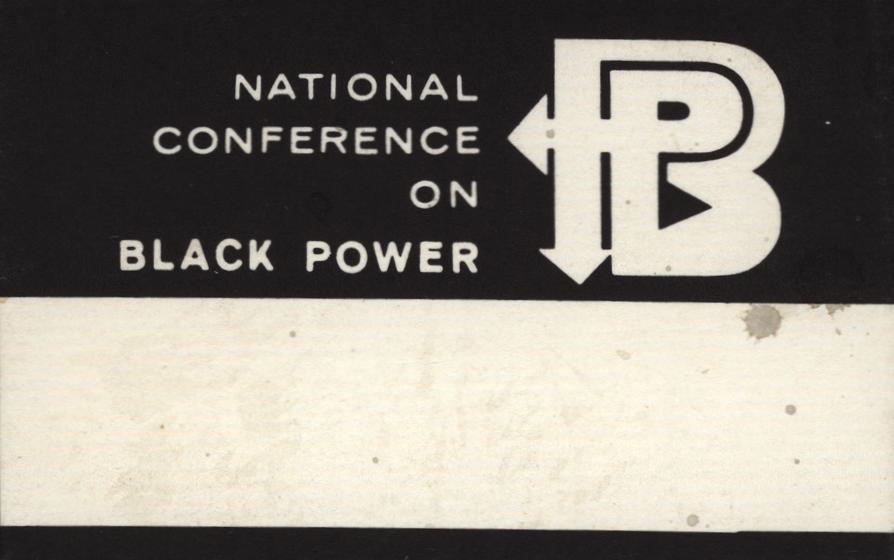The First Black Power Conference occurred in Newark, New Jersey, from July 20 to July 23, 1967. More than 1,000 delegates representing 286 organizations and institutions from 126 cities and 26 states gathered in Newark just days after the 1967 Newark Riot, the worst civil disorder in New Jersey history. An Episcopal Church property in downtown Newark hosted the conference, which adopted the theme, “The Unity of Black People for the greater good of all.”
Attendees included Hurbert “H Rap” Brown (later Jamil Abdullah al-Amin), Maulana Karenga, Gloria Richardson, Floyd McKissick, Charles 27X Kenyatta, and Amiri Baraka. Dr. Nathaniel Wright Jr. chaired and led the conference. During a press conference before its opening, Wright declared, “We are going to set forth the need for developing programs that do not bring relief to people but do bring power.” On the first day of the conference, Alfred Black, Newark’s Commissioner of Human Rights, said, “A Black man today is either a radical or an Uncle Tom.” During the conference, several white reporters were physically ejected.
The conference discussed the most pressing African American issues at the time. It aimed to establish unity among African Americans based on the philosophy of Black Power and lay the foundation for future programs. The conference held workshops and sessions where papers were presented for specific programs. It also developed more than 80 resolutions calling for emphasizing Black Power in political, economic, and cultural affairs.
Lee Montgomery, Associate Director of Community Studies at Temple University, served as coordinator of the workshop titled “The City and Black People: Civic and Social Concerns.” Maulana Karenga led a workshop titled “Black Power in World Perspective: Nationalism and Internationalism.” Participants in another seminar called “Black Power in World Perspective” called for the end of the Vietnam War, expressed solidarity with their African brothers, recommended the condemnation of Israeli oppression against the Arabs, urged Black youth to refuse the draft in Vietnam, and expressed gratitude and support for Muhammad Ali’s refusal to be drafted by the U.S. Army.
A workshop led by Professor Robert Browne of Fairleigh Dickinson University and C.E. Wilson, an economic consultant on economic development, dealt with issues such as amassing capital in and for the Black community and building financial institutions. Dr. C. Lincoln McGhee and Charles Cobb led a workshop called “Black Power and American Religion,” which proposed boycotting and exposing all Black churches that did not join the Black Revolution. Other workshops included “Black Power and Through Black Politics” and “Developmental Implications of Black Power.”
The resolutions announced at the end of the Conference included calls for self-defiance and Black control of education and welfare in Black communities. One resolution called the Black Power Manifesto won widespread approval at the conference. It called for establishing a national dialogue on the feasibility of establishing a separate homeland in the United States for Black people. It also insisted on the end of the “neo-colonialist control” of Black populations around the world and called for promoting unity in the African American community by adopting the philosophy of Blackness. Although several other Black Power conferences would follow, the Newark Conference was the most significant and influential gathering during the era of the Black Power Movement.

